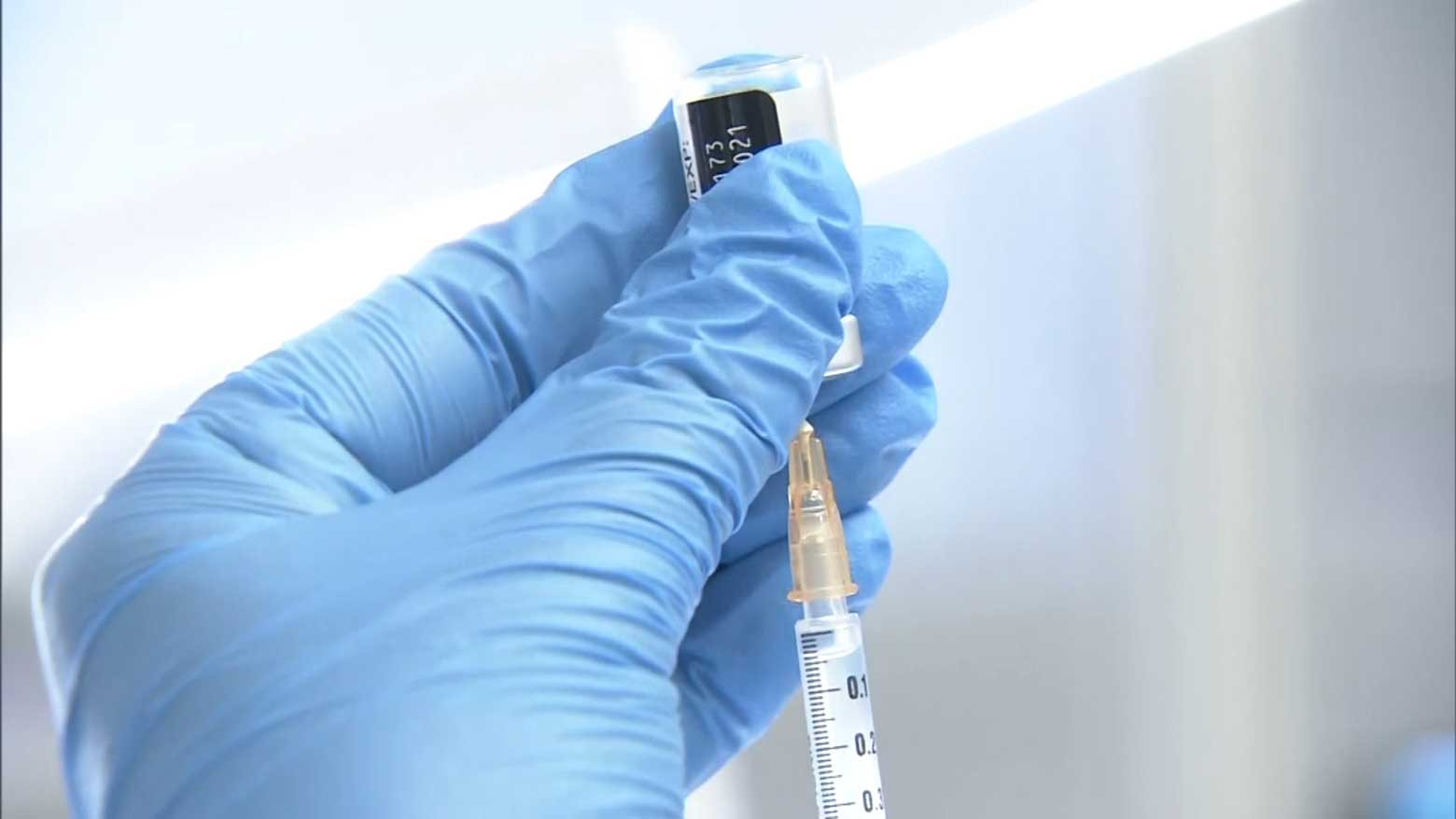Japanese companies are working on coronavirus vaccines, but progress has been slow. Four firms have reached the clinical trials stage, but none have applied for government approval yet.
Professor Ishii Ken, an expert on vaccine development from the University of Tokyo’s Institute of Medical Science, says vaccine research in Japan is not of a lower quality than elsewhere, and began early enough, but the country fell behind because it was unable to unify its response.
“When a vaccine was needed, the process from research to development by drug makers didn't go smoothly, and the national budget for preparing infrastructure to produce vaccines was insufficient,” he says. “Japan's lower level of urgency compared to other countries may have influenced its budget and subsequent moves.”
Professor Ishii says the United States spent more than $10 billion on vaccine development during the first half of last year, while Japan spent about $100 million.
Watch Video 03:37
A government committee found Japan’s slow vaccine development was partly because the country has placed less importance on infectious disease research in recent years. It says that such research in Japan has been shrinking, compared to other countries in the region which experienced outbreaks of SARS or other infectious diseases. It also said the government’s investment in vaccine development and policy-making has been inadequate.
To close the gap, Ishii suggests Japan needs to create shared facilities where researchers from different fields and firms can collaborate. He says many other nations have state-level vaccine development centers.
On June 1, Japan’s Cabinet approved a long-term strategy to catch up with the US and Europe in the development and production of vaccines. It calls for opening research and development centers of the highest quality, being more strategic in the distribution of research funds, and expanding networks across Asia for large-scale clinical studies.
Ishi says it is important to support researchers long term, even if they don't produce results immediately, and to be ready for the next crisis. The professor also notes that the research environments in the US and Europe are more diverse, in terms of ethnicity and gender, than in Japan, and suggests that is an area to improve.
“I think there need to be places where corporate and academic researchers can work together on interesting research at first,” says Ishii, “and, when necessary, quickly pool their efforts to produce vaccines.”

